I am...- Columbia Academy.
- Columbia Academy.
Columbia Academy is proud to be a school where children flourish under the guidance of exceptional and highly trained educators; where records are shattered and innovation never ceases. We are proud to be a school that creates leaders and fosters creativity at both of our campuses. With God as a central focus, students display growth both academically and spiritually. Our goal is to provide learning opportunities that prepare our Lower School students for the academic rigor and opportunity waiting for them in our Upper School community.
In addition to the academic areas of focus, elementary students participate in daily special area classes with specialized teachers in music, visual art, physical education, library, and technology.
Daily classes in bible are taught at all grade levels. For information about spiritual life at Columbia Academy, please click HERE.
Welcome to the Lower School
at Columbia Academy!
“What I love most about Columbia Academy is our ability to impact the lives of young people academically, socially, and spiritually in a safe, friendly, and competitive environment. Our highly qualified faculty work as a team to challenge students through a progressive and innovative approach to learning. Our efforts continue to pay off as we watch our students excel across the spectrum.”
Marty DeJarnette, Lower School Principal
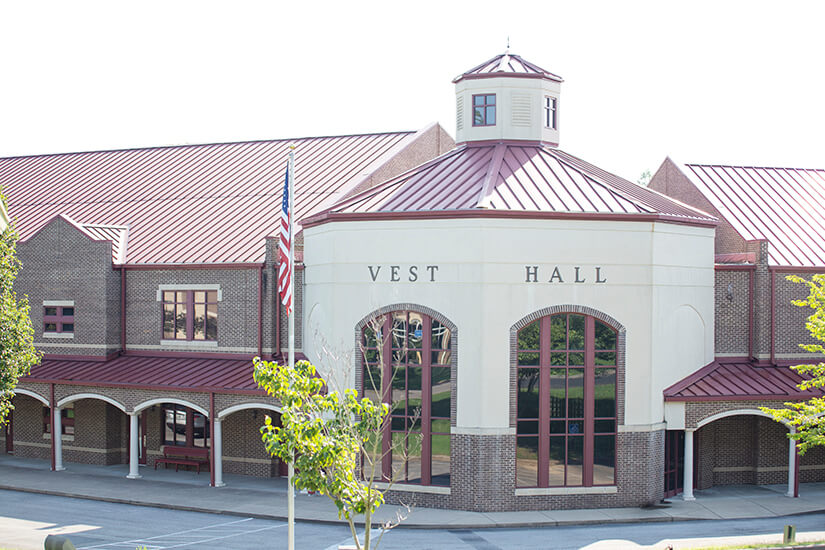
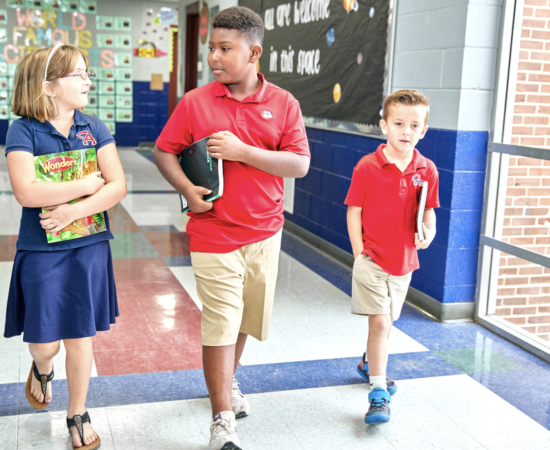
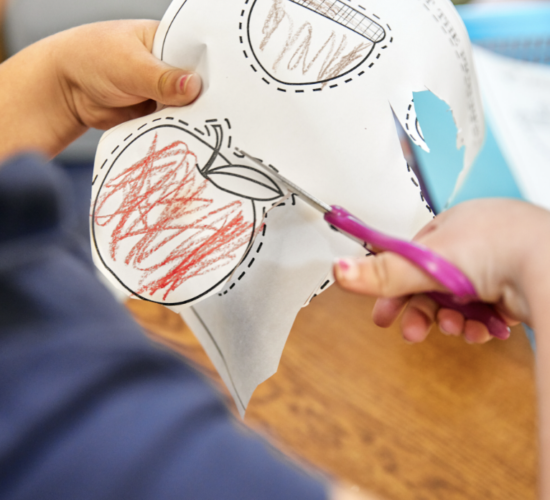
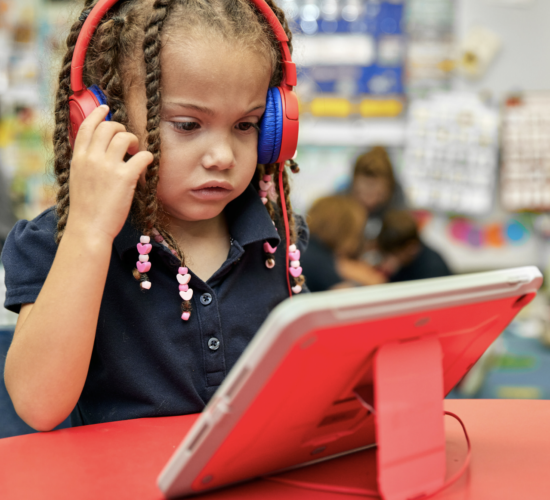
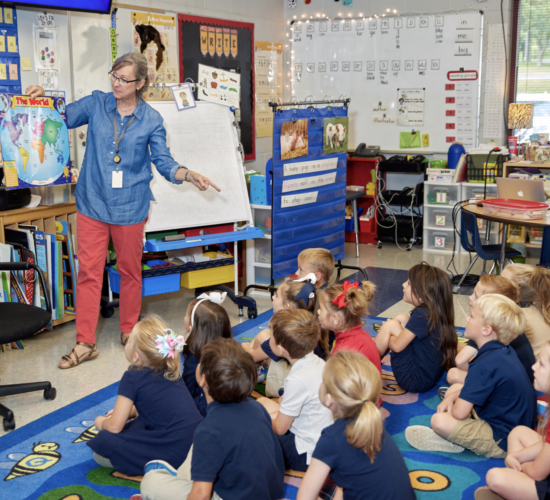
To access the library catalog and see a list of both the physical and ebooks we currently have on hand, please click HERE.